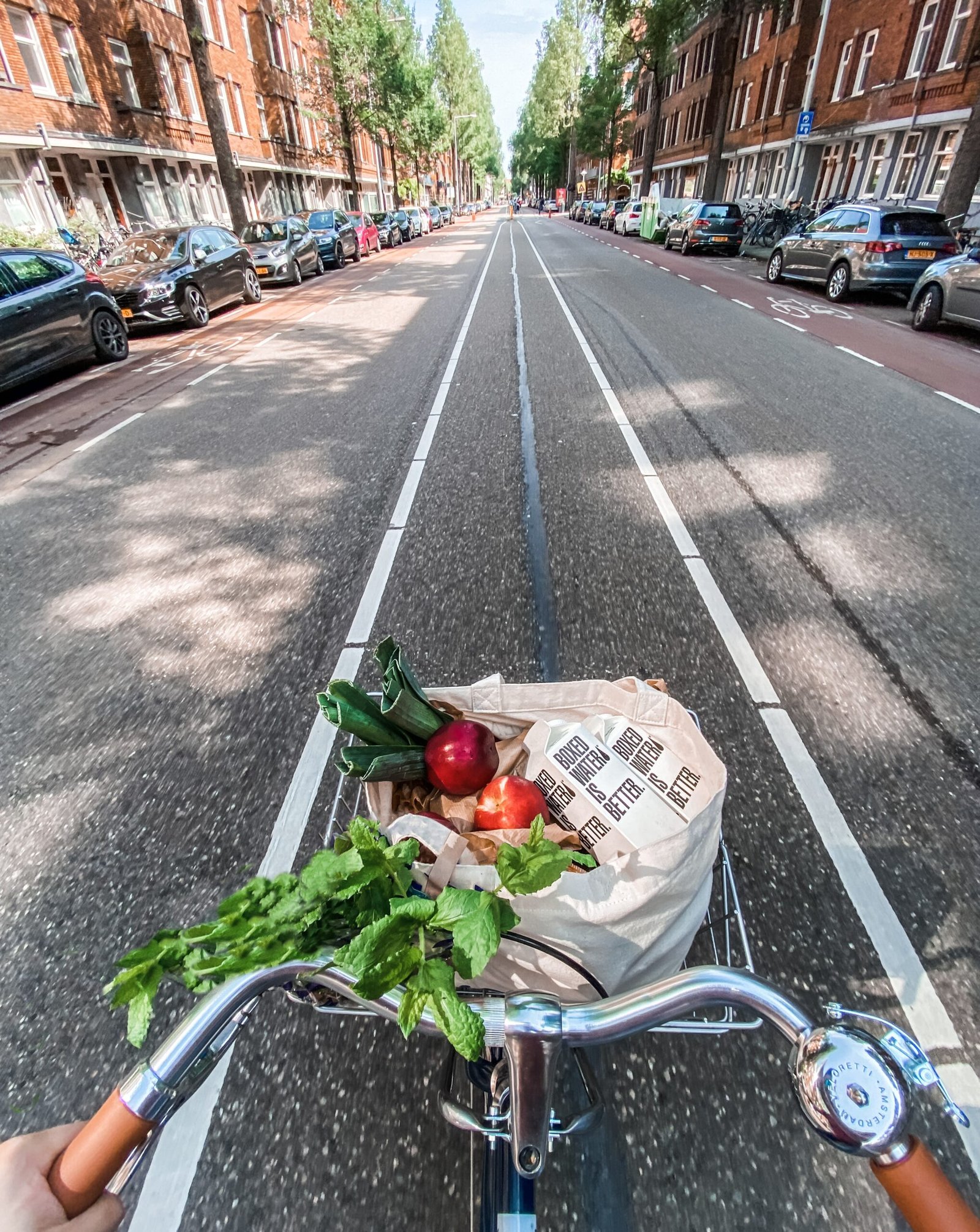Sustainable Living Tips: How to Make a Positive Impact on the Environment
Living a sustainable lifestyle is essential for the health of our planet and future generations. By making conscious choices in our daily lives, we can reduce our carbon footprint and contribute to a more sustainable world. In this blog post, we will explore the top sustainable living tips that you can incorporate into your life, along with the latest trends and data to support these practices.
1. Reduce, Reuse, Recycle
One of the fundamental principles of sustainable living is the mantra “reduce, reuse, recycle.” By reducing our consumption, reusing items whenever possible, and recycling materials, we can significantly reduce waste and conserve resources. For example, instead of buying single-use plastic water bottles, invest in a reusable water bottle and fill it up with tap water. This simple change can save hundreds of plastic bottles from ending up in landfills.
2. Conserve Energy
Reducing energy consumption is another crucial aspect of sustainable living. Simple steps like turning off lights when not in use, using energy-efficient appliances, and insulating your home properly can make a significant difference. Additionally, consider using renewable energy sources such as solar panels to power your home. The use of solar energy not only reduces your carbon footprint but also saves money on electricity bills in the long run.
3. Choose Sustainable Transportation
Transportation is a significant contributor to greenhouse gas emissions. Opting for sustainable transportation methods like walking, biking, or using public transportation whenever possible can help reduce your carbon footprint. If you need a car, consider investing in an electric or hybrid vehicle. These vehicles produce fewer emissions and are more fuel-efficient, making them a greener choice.
4. Support Local and Organic Food
Choosing locally sourced and organic food is not only beneficial for your health but also for the environment. Locally grown food reduces transportation emissions, supports local farmers, and ensures fresher produce. Organic farming practices eliminate the use of harmful pesticides and chemicals, protecting both the environment and our well-being. Consider joining a community-supported agriculture (CSA) program or shopping at farmers’ markets to access fresh, sustainable food options.
5. Minimize Water Usage
Water is a precious resource, and conserving it is crucial for sustainable living. Implementing simple practices like taking shorter showers, fixing leaks, and using water-efficient appliances can significantly reduce water wastage. Additionally, consider collecting rainwater for gardening purposes, which reduces the need for using treated water.
6. Embrace Minimalism
Living a minimalist lifestyle can greatly contribute to sustainability. By decluttering your life and only purchasing what you truly need, you reduce waste and prevent the overconsumption of resources. Choose quality over quantity and invest in durable, long-lasting products that have a minimal environmental impact.
7. Support Sustainable Fashion
The fashion industry is known for its negative environmental impact. Supporting sustainable fashion brands that prioritize ethical production practices and use eco-friendly materials is a great way to contribute to a more sustainable world. Consider buying second-hand clothing, upcycling old garments, or renting clothes for special occasions to reduce waste.
8. Educate Yourself and Others
Stay informed about the latest trends and advancements in sustainable living. Educate yourself about environmental issues, climate change, and sustainable practices. Share your knowledge with others and encourage them to adopt sustainable habits as well. Small changes made collectively can have a significant impact.
Frequently Asked Questions
Q: How can I convince others to adopt sustainable living practices?
A: Lead by example and share the benefits of sustainable living with others. Show them how small changes can make a big difference and provide resources for further education.
Q: Are sustainable products more expensive?
A: While some sustainable products may have a higher upfront cost, they often save money in the long run. For example, energy-efficient appliances can reduce electricity bills, and reusable items eliminate the need for frequent purchases.
Q: Can I make a difference as an individual?
A: Absolutely! Every small action counts. By adopting sustainable practices in your daily life and inspiring others to do the same, you contribute to a collective effort towards a more sustainable future.
Tips for Sustainable Living
- Grow your own food in a home garden or participate in a community garden.
- Compost organic waste to reduce landfill waste and create nutrient-rich soil.
- Choose eco-friendly cleaning products that are non-toxic and biodegradable.
- Opt for digital alternatives whenever possible to reduce paper waste.
- Support organizations and initiatives that promote sustainability.
In conclusion, sustainable living is not just a trend but a necessity for the well-being of our planet. By incorporating these sustainable living tips into your daily life, you can make a positive impact on the environment and inspire others to join the movement. Let’s work together towards a greener, more sustainable future.
Call to Action: Join the sustainable living movement today and share these tips with your friends and family. Together, we can create a better world for future generations.









